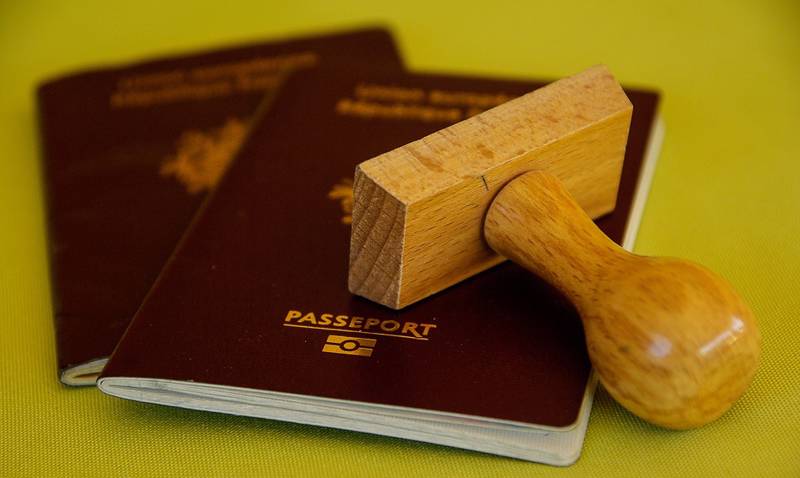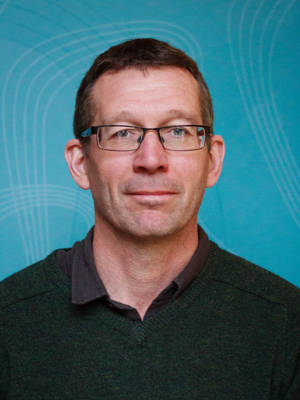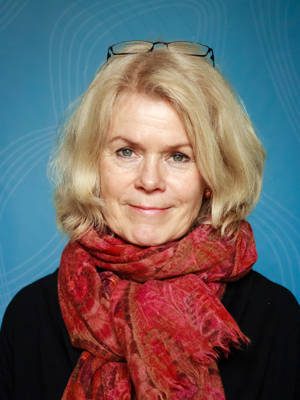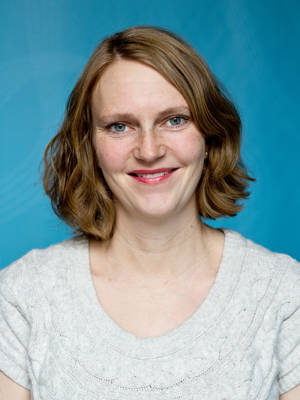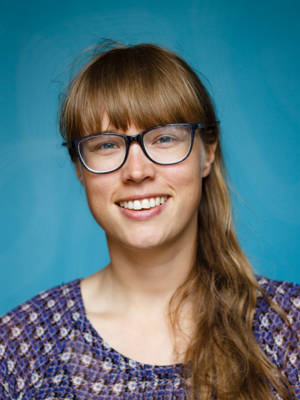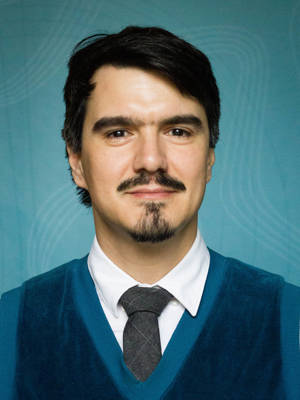What are the relationships between policies and laws on citizenship and experiences of belonging, recognition and sense of community? The Governing and Experiencing Citizenship in Multicultural Scandinavia (GOVCIT) project will shed new light on relationships between citizenship and integration. We do this through studying top-down policies and bottom-up lived experiences.
The Scandinavian countries have undergone major cultural and social changes due to migration. Considering the homogeneity of the region, the discrepancy in current citizenship regulation is remarkable. Requirements for citizenship acquisition differ: Norway is positioned in between liberal Sweden and restrictive Denmark. But both Sweden and Denmark permit dual citizenship, while Norway does not.
Citizenship in Scandinavia has become eroded, as most substantial rights are attached to permanent residency, not to citizenship. Social cohesion at community level is an explicit aim for citizenship policy. These macro-level paradoxes inform our study. We will learn more about these through document analysis and interviews with civil servants.
At the individual level we recognize that identity cannot be legislated. Lived experiences are affected not by the letter of the law, but by practices, interpretations and negotiations. We are interested in the experiences of immigrants and descendants, as citizens or prospective citizens, which we will learn about through a Scandinavian survey.
In Norway we also use ethnographic methods to capture lived experiences of people living in a diverse society. We are interested in the lived experiences of people both with and without an immigrant background, living in urban areas with diverse populations, and in scarcely populated areas far away from Oslo. Belonging, community and integration are key to ongoing public debates, to which the GOVCIT project will contribute through a focus on the interface of governing and experiencing citizenship.
The project is funded by the VAM programme of the Research Council of Norway (Welfare, Working Life and Migration).
